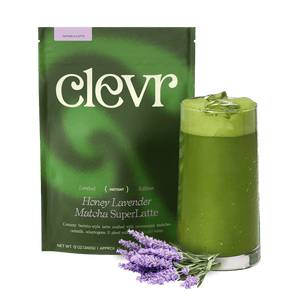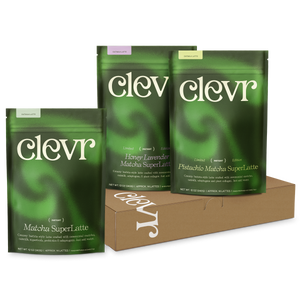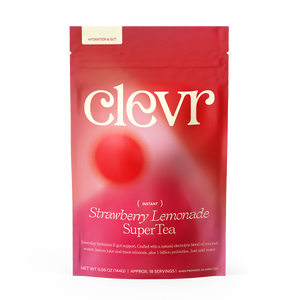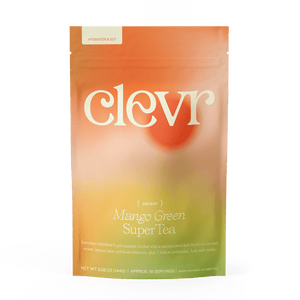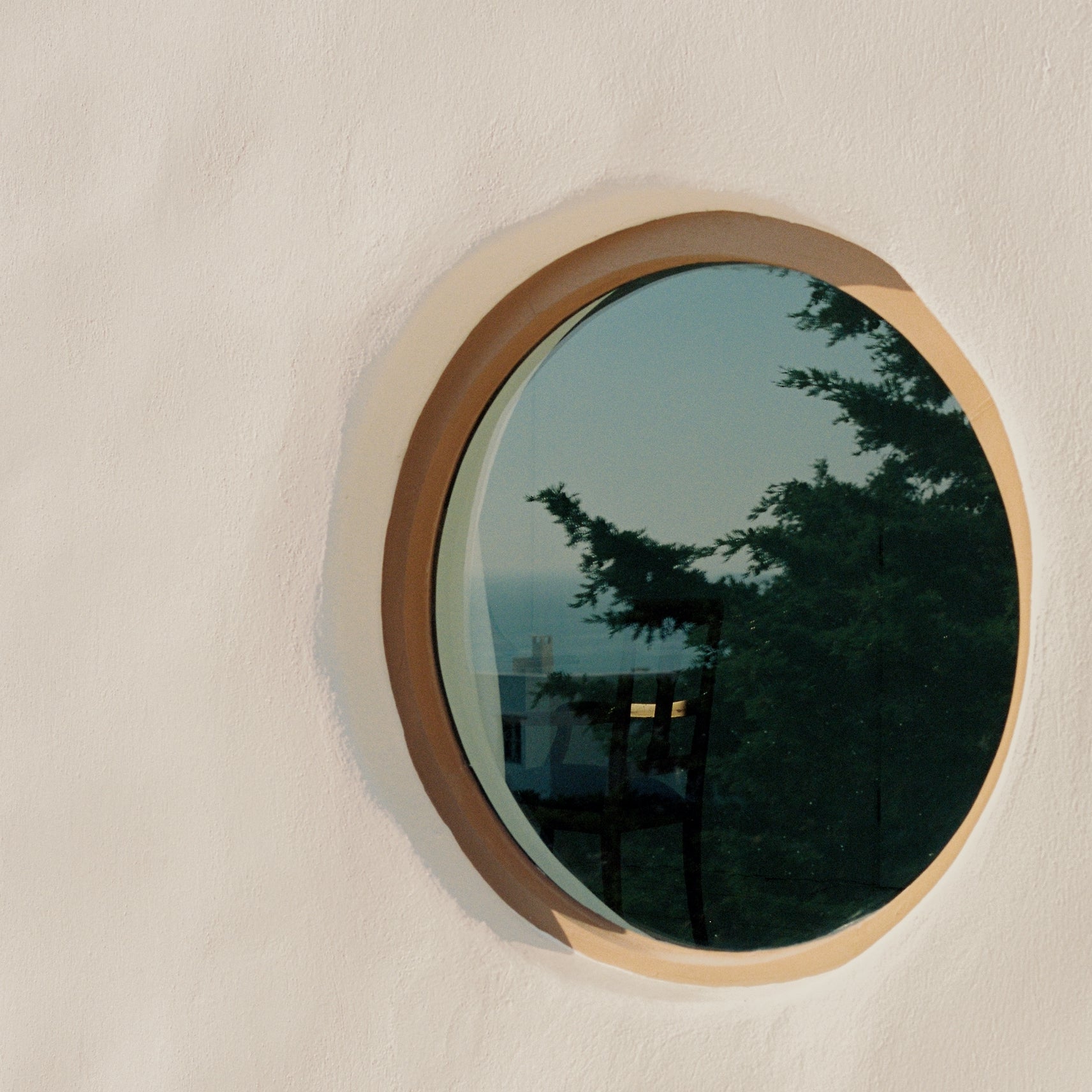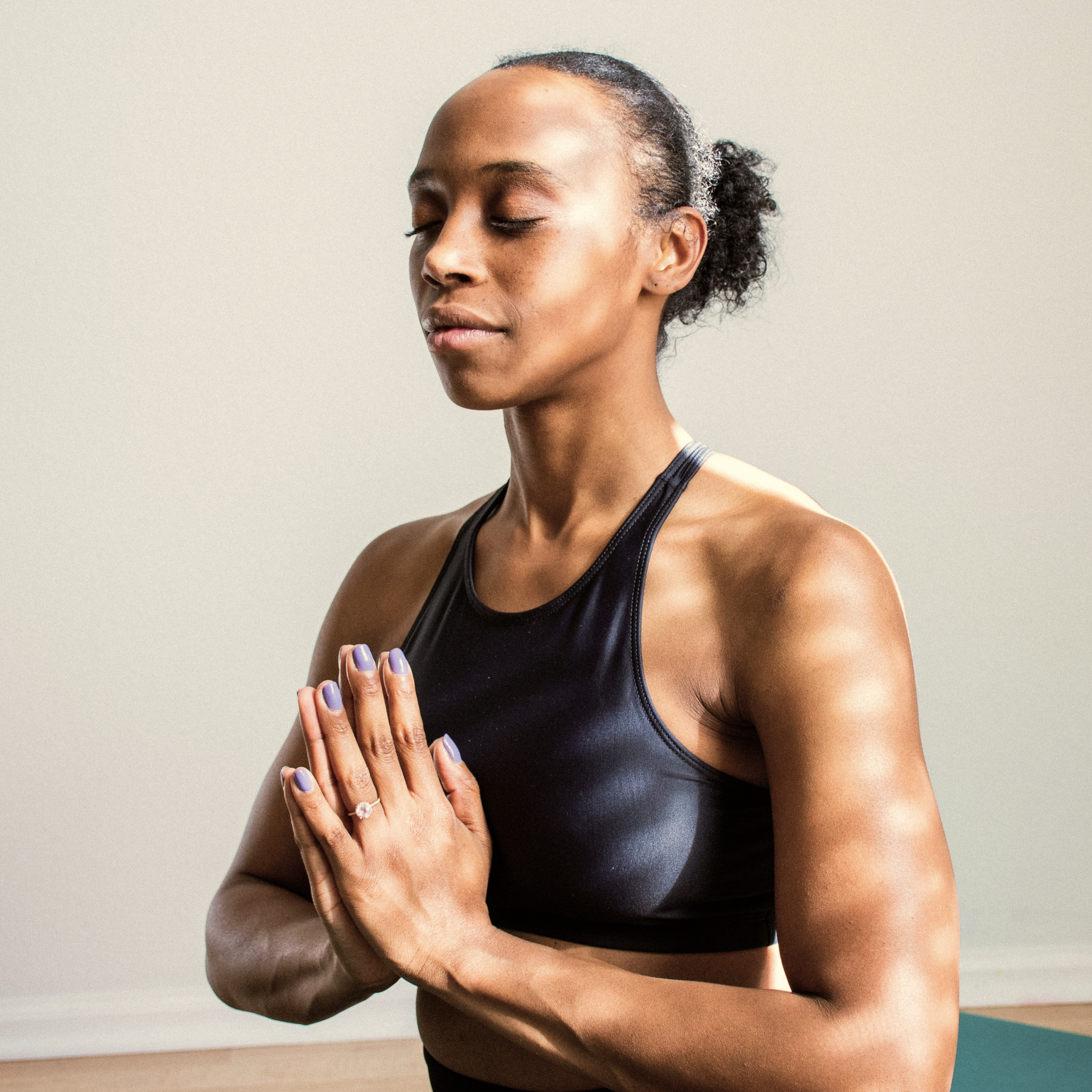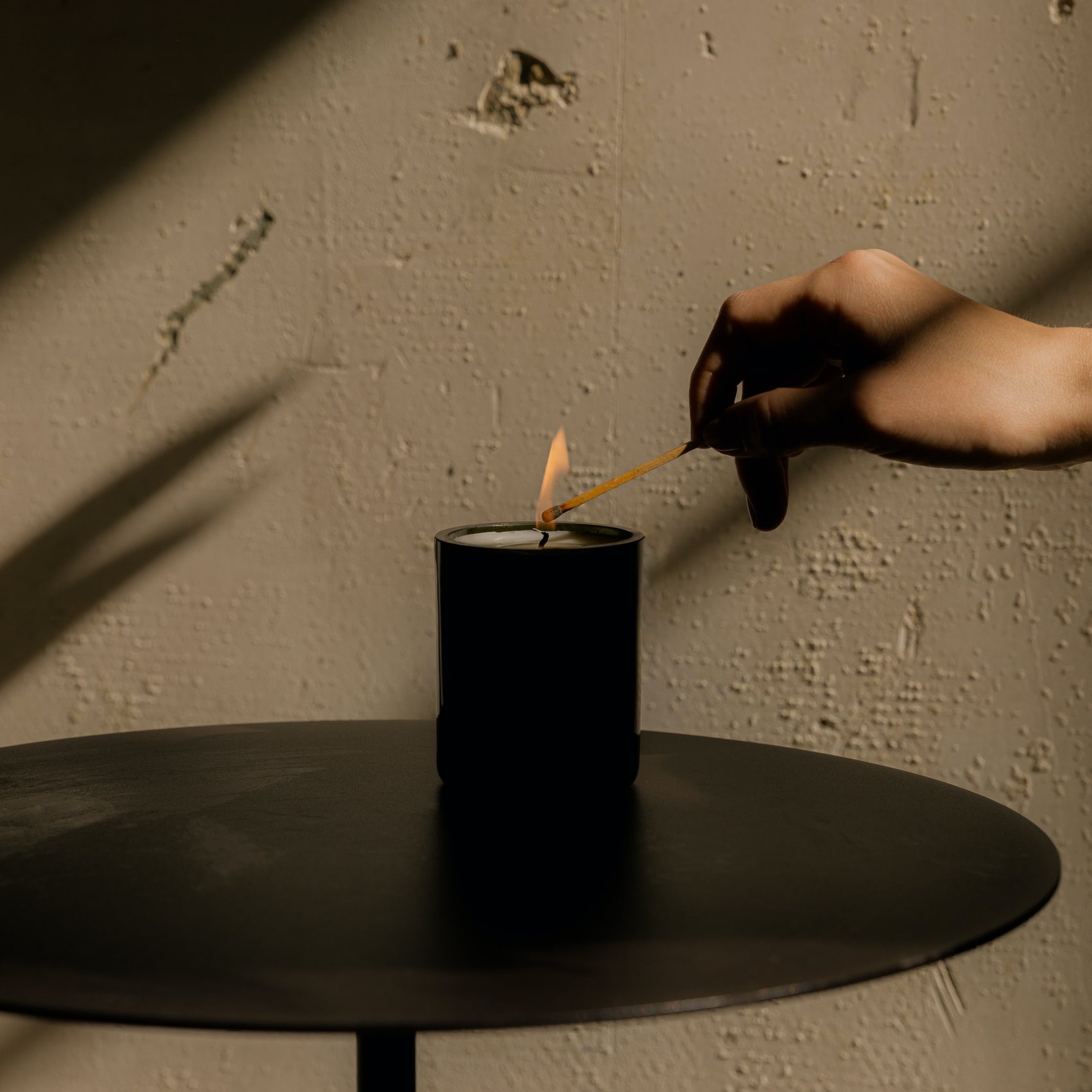
Day 5: Free Writing for Mental Clarity
“Start writing, no matter what. The water does not flow until the faucet is turned on.”
– Louis L'Amour
The act of free writing is a ritual that can be deeply potent. When we shift our perspective to see an act of habit as one rich with meaning, we have the power to inspire the sacred. Julia Cameron, in her bestselling book ‘The Artist’s Way,’ encourages readers to practice “stream of consciousness writing” first thing every morning, as support for inspiring creativity. Many emotional therapy practices also include a form of writing, to help process overwhelm and to gain clarity. Free writing is not only an opportunity for presence, but also a pathway for decluttering your mind and moving through emotional blocks.
We hold so many stored emotions and thoughts in our subconscious, and by writing these down we are able to create more mental space for clarity, creativity and conscious behavior.
You can also use this ritual to write a letter to a deceased family member, friend or pet, as a way to process and move through heavier thoughts and emotions. Once your letter is written, you can choose to either send it to them, keep it in a journal, or burn it, as a ritual of release and letting go.
Writing allows us to express ourselves passionately, and without judgement.
This writing is not meant to be shared with anyone else, but rather to serve as a form of release. There’s a good chance that more often than not, when you let your thoughts stream onto paper, your intuition will become stronger and you’ll find the clarity you may have been searching for.
PRACTICE
Pick a time of day for your daily (or frequent) free writes. Set a goal of how many pages you’re going to write (try starting with one). Use a journal or notepad, and keep it by your bed, or wherever you usually write. Be mindful not to judge your writing.
Julia Cameron says that stream of consciousness writing is “meant to be, simply, the act of moving the hand across the page and writing down whatever comes to mind. Nothing is too pretty, too silly, too stupid, or too weird to be included.” Notice if any judgment comes up as you write, and practice acknowledging it and moving through it.
To deepen the ritual of this practice, create a space to write in which is free of clutter and supports concentration. Cameron also says, “A serene environment makes for serene thinking. A cluttered environment causes our thinking to be scattered. Chaos breeds chaos. Serenity breeds serenity.” Maybe consider lighting a candle or incense, creating serenity around you as you sit down to write.




